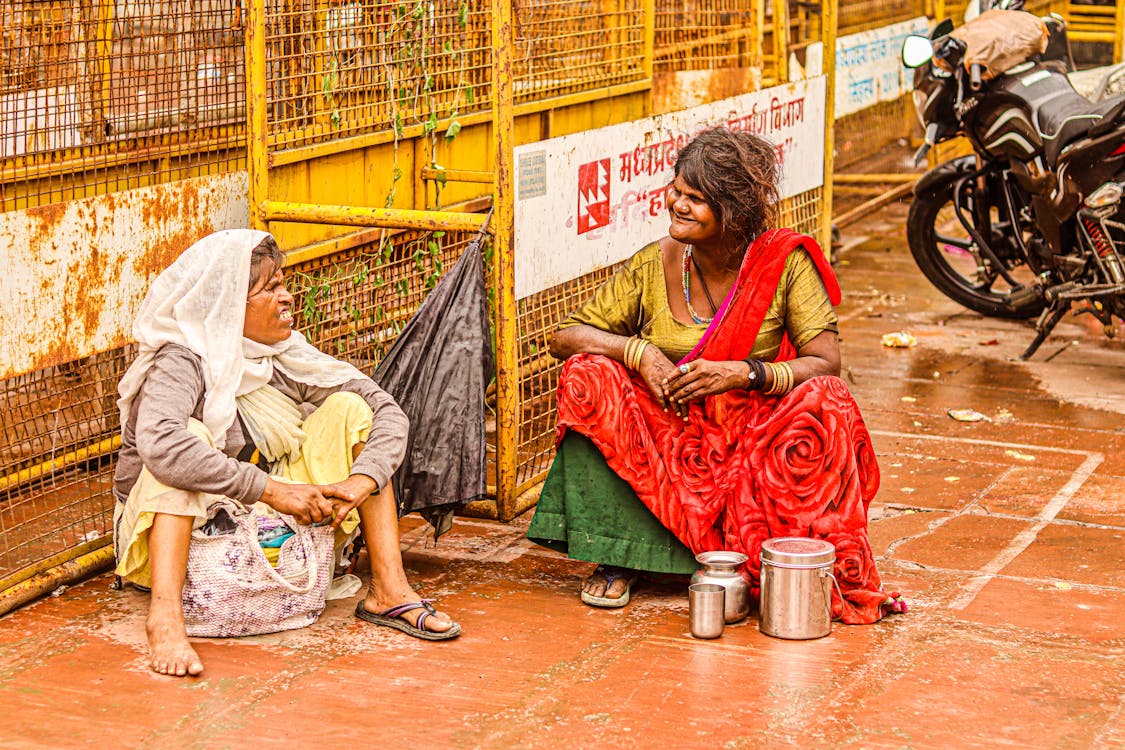Why Food Safety is Important For Women’s Health?
5 minuteRead
Every year World Food Safety Day is celebrated on 7th June. The World Health Organisation (WHO) and the Food & Agriculture Organisation (FAO) together designated this day in 2018. This year marks the fifth WFSD. There is a new theme every year. The main purpose of celebrating this day is to encourage agricultural producers and consumers towards the importance of food security, economic prosperity, agricultural production and sustainable development. It also aims to raise awareness about food safety to minimise the health risks posed by foodborne diseases. The theme for World Food Safety Day 2023 is “Food Standards Save Lives”.
This year’s theme encourages food safety advocates around the world to focus on the importance of applying standards in every aspect of food production – from the source to the table. Did you know? Foodborne diseases affect 1 in 10 people worldwide every year. When food standards are set, everyone gets access to eating safely.
How do you know the food you’re consuming is safe? When established food safety practices are followed by the countless people involved in food production, you can be assured that consumer health everywhere is maintained. The idea of food safety is to get everyone informed and involved.

Why is Food Safety is Important?
Here are a few reasons why food safety is important:
- To protect consumers from health risks related to foodborne diseases
- To ensure food manufacturers use proper processing and handling procedures
- To ensure proper hygiene is maintained in storing raw and cooked foods
- To avoid cross-contamination with other foods
Always remember, there is no food security without food safety.

Food Safety is a Key Ingredient for Women’s Health
The United Nations Food Systems defines a healthy diet as a combination of foods that are health-promoting and disease-preventing. However, when the food is unsafe or contaminated, the reverse happens. When food safety and hygiene is not maintained, harmful bacteria, viruses, parasites and other chemical substances linger on the food which are responsible for more than 200 diseases. Although foodborne diseases can affect anybody, women in rural areas are the most vulnerable, especially those from low-income groups.
Tackling food safety issues is not just important to improve people’s health but also women’s health. Contaminated foods can negatively impact women. A major reason this happens is because of the restrictive mindset of our patriarchal society. Women suffer discrimination on so many levels, and are therefore given insufficient opportunities too. Most of the health conditions women face go undiagnosed because of lack of awareness, low literacy rate and poor financial status. In the quest of this, women end up having less access to nutritious foods that makeup a healthy diet
There are no two thoughts about the fact that women are the building blocks of healthy families, communities and societies. In order to promote sustainable development, improving women’s health is of utmost importance. Though poverty, poor infrastructure and illiteracy are a few reasons why basic healthcare is ignored, gender inequality also affects women’s health. Owing to the lack of resources, women in rural areas consume food that is adulterated and this affects their health. They are at a higher risk of malnutrition, anaemia, menstrual diseases, maternal deaths and pregnancy-related complications.
Most of the foods consumed by women and children are perishable in nature and are thus prone to more food-safety risks. Therefore, food safety awareness is most important among young mothers. Owing to this, women’s nutrition before, during and after pregnancy has been given a special focus area in UNICEF India’s nutrition programming.
Tips to Improve Women’s Health
To promote the health and general well-being of women, it is important to achieve food security, ensure nutritious food is given to all, and create adequate water and sanitation facilities. When these steps are taken consistently, the desired outcome of sustained health and well-being can be achieved among the rural population particularly women.
To empower women to take control of their health, here are a few things that should be done:
Consistent Communication
For women to get access to safe food, water and sanitation facilities, the patriarchal norms and mindset of the people in rural areas needs to undergo a radical change. This is only possible with consistent communication. Besides this, girls should be taught young on the importance of hygiene, food safety, nutrition and life skills.
Education
The best time to shape a thought process is during the foundational years. When children are taught early, they don’t just get a platform to learn but to also break stereotypes and cultural barriers. Once they understand the importance of self-care and financial independence, they then become a voice for the future generations. Literacy is the only by which women’s health can be improved.
System Strengthening
Another fool-proof method of improving women’s health in rural areas is by strengthening our existing system – workers, infrastructure and technology. Adequate training should be provided to all the frontline workers in rural areas. This includes helpers, supervisors, Anganwadi workers and child development protection officers. Regular training and guidance will ensure there are no medical complications and the well-being is maintained of women and children alike. When crucial aspects are addressed, the circle of health prosperity will be complete.
Thus, to improve food safety and women’s health in India, the above measures should be taken.
Conclusion
Food safety is the need of the hour. It’s not just one person’s business but everyone’s business. Only when collective food safety steps are implemented will we be able to negate the impacts of unsafe food on women’s diets. As a nation, if we make women’s health top priority, we will be able to create a healthier world for all.
Experts believe that when women’s health is taken care of, we will be able to lift society as a whole. Basically, their health is the nation’s wealth. Without them, we will not be able to advance any goals related to economic stability and equity in socioeconomic development.
Write, Record and Answer! Consume Unlimited Content! All you need to do is sign in and its absolutely free!
Continue with one click!!By signing up, you agree to our Terms and Conditions and Privacy Policy.










